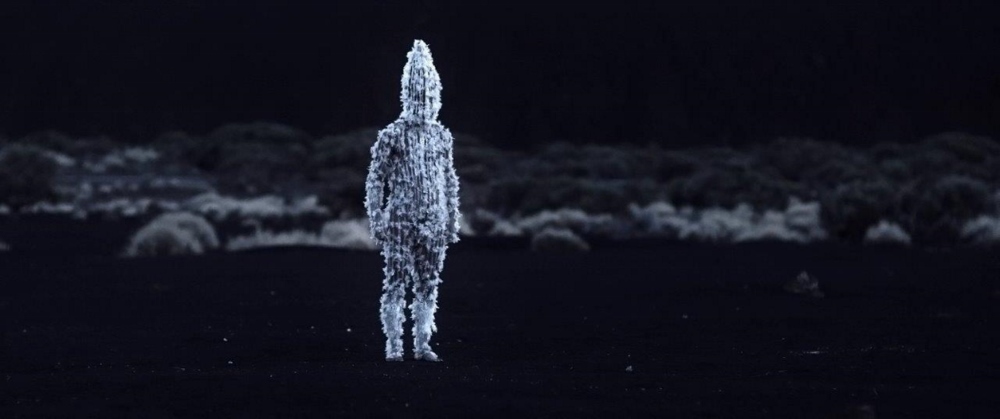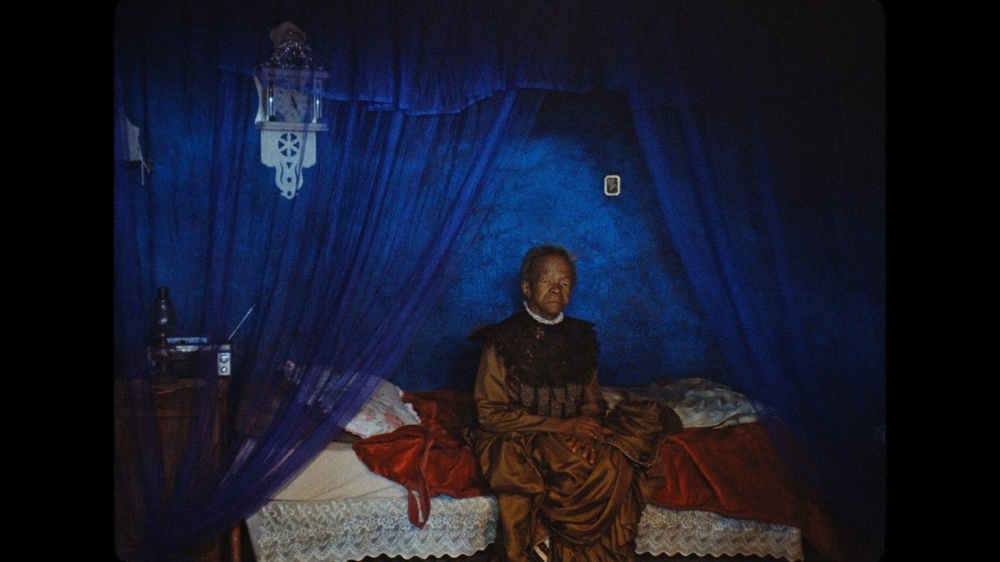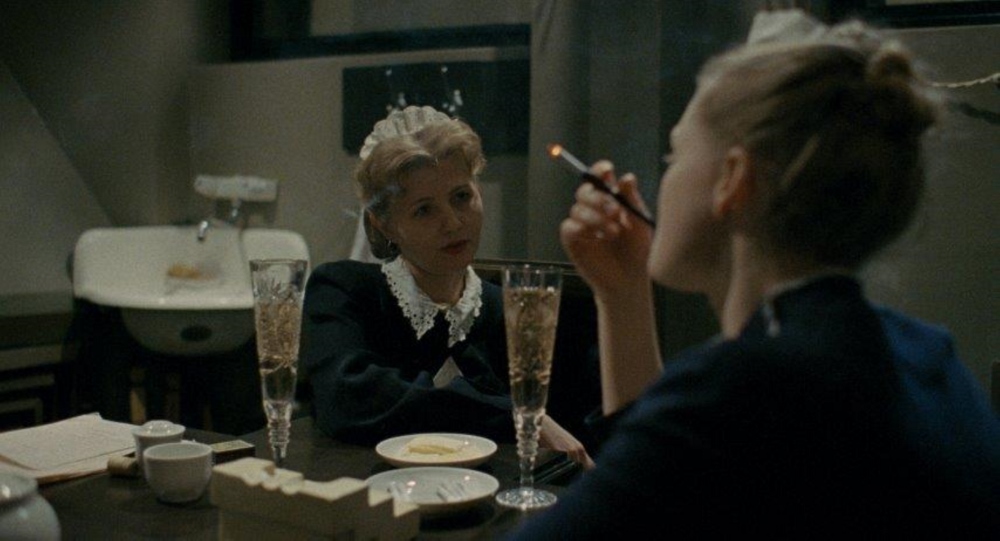
***UPDATE***In accordance with the new COVID 19 regulations, the Haifa International Film Festival will take place entirely online from October 3 – 10, 2020.
The 36th Haifa International Film Festival will take place during the Sukkot holiday, from October 3 – 10, 2020. The decision to hold a shorter, special edition of the festival during the pandemic, despite the many challenges involved, is an affirmation of the festival’s connection and commitment to the city of Haifa, cinephiles, and the Israeli film industry, as stated by the festival’s Artistic Director Pnina Blayer. The festival will be held and in accordance with Purple Badge guidelines, and for the first time this year, in addition to screenings at the Haifa Cinematheque, there will be films shown online and outdoors, in the festival garden. Opening night events will take place in a new venue – Safe & Sound, located on the Ethos property at the entrance to the city. The venue was designed to enable hosting cultural events during the pandemic, with seating arranged in capsules of 8 seats to a row, physical distancing over an area of about 5 dunam in the open air, and quality screening, sound and light systems.
The festival program will include about 60 films, with new Israeli films and a selection of some of this year’s most exciting international films, as well as a tribute to the French director Éric Rohmer with screenings of newly digitized versions of his films.
Théo Court’s White on White was awarded Best Director in the Orizzonti (Horizons) section at the 76th Venice International Film Festival. Through its focus on the photographer Pedro, hired by plantation owner Mr. Porter to take pictures of his future wife, the film raises pertinent questions on the depiction of history in the narrative of conquerors, the role of images, and the oppression of women.

This Is Not a Burial, It’s a Resurrection directed by Lemohang Jeremiah Mosese participated in Sundance’s international competition, where it was awarded a special jury prize for “visionary filmmaking.” Focusing on the connection between people and the land, the film is set in Lesotho, where an 80-year-old widow fights for her community and its spiritual heritage.

Ilya Khrzhanovsky and Jekaterina Oertel’s DAU.Natasha, awarded the Silver Bear for Outstanding Artistic Contribution at the Berlinale, is an experiment in cinema certain to ignite conversation, if not controversy. Khrzhanovsky constructed a 42,000-square-foot set in Kharkiv, Ukraine, to resemble a Soviet-era science research facility. 352,000 people (primarily non-actors) lived in their assigned roles 24 hours a day under the scrutiny of the cameras. The film was meticulously edited to follow the narrative of Natasha, as performed by non-actor Natalia Berezhnaya, who runs a bar for the local scientists.
Summertime, Carlos López Estrada’s second feature, which was shown at the 2020 Sundance Film Festival, will hold its international premiere in Haifa. Inspired by a spoken-word performance of 25 high school students, Summertime was filmed with non-actors, and presents a contemporary narrative of 2020 Los Angeles. Literature buffs may look forward to My Salinger Year, directed by Philippe Falardeau, based on the eponymous memoir by Joanna Rakoff, that describes her experiences working at the New York City literary agency that represented the reclusive writer J. D. Salinger. The Haifa Film Festival will continue its tradition of Midnight Madness, featuring Natalie Erika James debut horror feature Relic. Starring Emily Mortimer, Robyn Nevin and Bella Heathcote, the film, with a screenplay written by the director and Christian White, diverges from the genre’s typical perspective on women. Intriguing.
Produced by Ethos – The Haifa Municipality Art, Culture and Sports Association Company, the full program and ticket information will be available on the festival website: https://www.haifaff.co.il/eng





